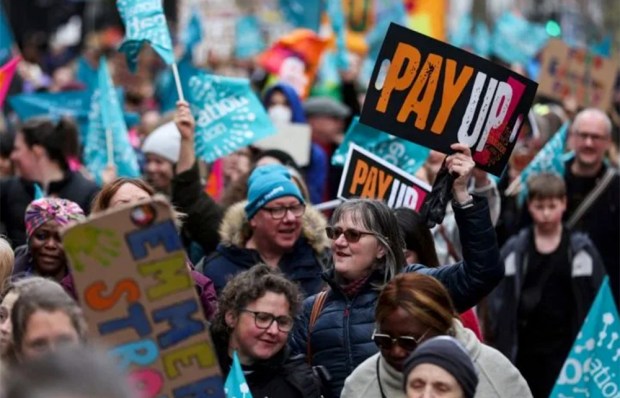How much did Philip Hammond’s giveaway Budget help dying town centres? Not enough, say campaigners, but let’s give the Chancellor some credit. A one-third relief in business rates for retail properties with a rateable value of less than £51,000 means an annual saving of up to £8,000 for a huge number of small businesses; pubs where people still drink beer and spirits in old-fashioned style benefit from a duty freeze that one industry body says will ‘secure upwards of 3,000 jobs’; and there’s money to help convert disused premises into homes.
Already a subscriber? Log in
Subscribe for just $2 a week
Try a month of The Spectator Australia absolutely free and without commitment. Not only that but – if you choose to continue – you’ll pay just $2 a week for your first year.
- Unlimited access to spectator.com.au and app
- The weekly edition on the Spectator Australia app
- Spectator podcasts and newsletters
- Full access to spectator.co.uk
Unlock this article
You might disagree with half of it, but you’ll enjoy reading all of it. Try your first month for free, then just $2 a week for the remainder of your first year.















Comments
Don't miss out
Join the conversation with other Spectator Australia readers. Subscribe to leave a comment.
SUBSCRIBEAlready a subscriber? Log in